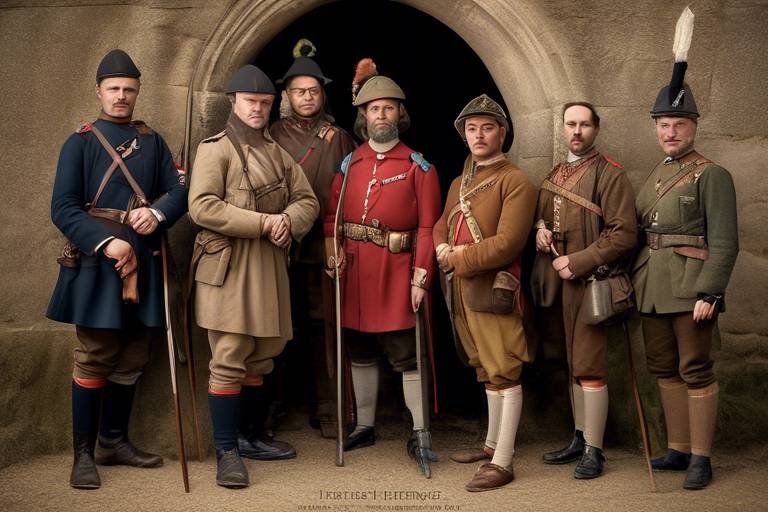The Role of Mythical Heroes in Ancient Religions
Mythical heroes have played a significant role in the belief systems of ancient civilizations, shaping historical narratives and influencing worship practices. These legendary figures are not just characters in stories but embody cultural, religious, and societal values that have endured through the ages.
Exploring the significance of mythical heroes in ancient religions reveals their central role in creation myths. These heroes symbolize the origins of the world, often depicted as divine or semi-divine beings with extraordinary powers. Their presence in these foundational stories underscores their importance as key figures in shaping the worldview of ancient societies.
Heroic epics such as the Epic of Gilgamesh and the Ramayana serve as repositories of moral lessons and ethical values. Through the adventures and trials of legendary figures, these epics convey societal norms and offer guidance on navigating the complexities of human existence. The actions of these heroes serve as examples for individuals to emulate and aspire towards.
The practice of hero worship in ancient religions involved rituals, sacrifices, and festivals dedicated to honoring mythical heroes. Seen as intermediaries between gods and humans, these heroes were revered for their ability to connect the mortal realm with the divine. Devotees sought blessings and guidance from these revered figures, believing in their power to intercede on their behalf.
The archetype of the hero's journey is a recurring motif in ancient myths, where legendary figures embark on quests, face challenges, and undergo transformations. These journeys symbolize the pursuit of spiritual enlightenment and the fulfillment of a divine destiny, reflecting the universal human quest for meaning and purpose.
Themes of heroic sacrifice and redemption are prevalent in ancient religious narratives, where mythical heroes willingly give up their lives or endure trials to save their people or restore balance to the world. These acts of selflessness and courage serve as moral exemplars, inspiring individuals to act with honor and integrity in the face of adversity.
The symbolic representations and iconography associated with mythical heroes in ancient art, architecture, and artifacts further underscore their cultural significance. These visual depictions serve as reminders of the hero's enduring legacy and influence, reinforcing their status as revered figures in the collective consciousness of ancient societies.
The enduring popularity of heroic legends and folklore in ancient religions highlights the timeless appeal of these stories. Passed down through oral traditions and written texts, these tales preserve the heroic deeds and virtues of legendary figures, ensuring that their legacy continues to resonate with audiences across generations.
Reflecting on the lasting legacy of mythical heroes in ancient religions reveals their continued influence on modern storytelling. Their archetypal journeys, themes of sacrifice and redemption, and symbolic significance continue to shape human beliefs and values, underscoring the enduring power of these legendary figures in the collective imagination.
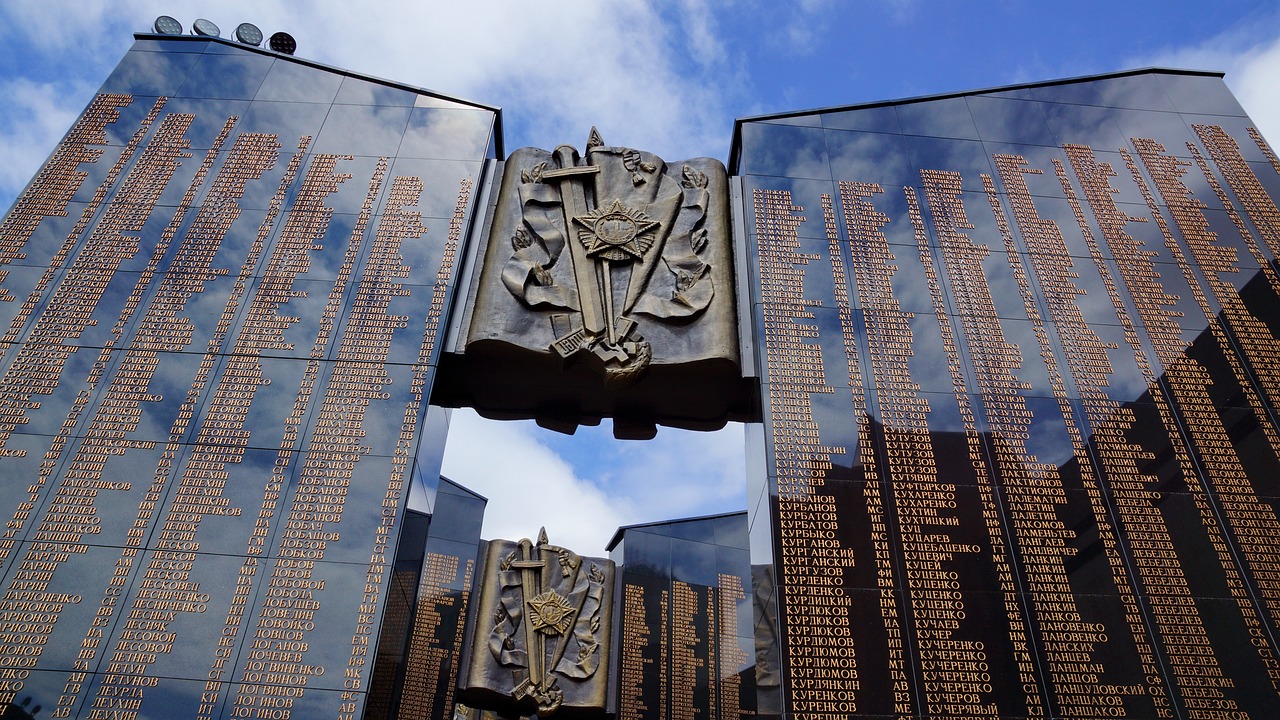
Creation Myths and Heroic Figures
Creation myths hold a central place in the belief systems of ancient civilizations, often revolving around the emergence of the world and the role of heroic figures in shaping its existence. These myths not only explain the origins of the universe but also establish the foundation for cultural identity and religious practices. Mythical heroes, in particular, play a significant role in these narratives, symbolizing the divine or semi-divine beings with extraordinary powers who set the course of history in motion.
In many creation myths, heroic figures are portrayed as key players in the cosmic drama, representing the forces of creation, destruction, and transformation. These figures embody the values, aspirations, and fears of the societies that created them, serving as both cultural icons and moral exemplars. Through their actions and adventures, mythical heroes become symbols of courage, wisdom, and sacrifice, inspiring reverence and awe among the faithful.
Moreover, the presence of heroic figures in creation myths serves to bridge the gap between the divine and the mortal realms, acting as intermediaries who communicate the will of the gods to humanity. By embodying both human and supernatural qualities, these heroes embody the dual nature of existence, transcending the boundaries of ordinary experience and offering glimpses into the mysteries of the cosmos.
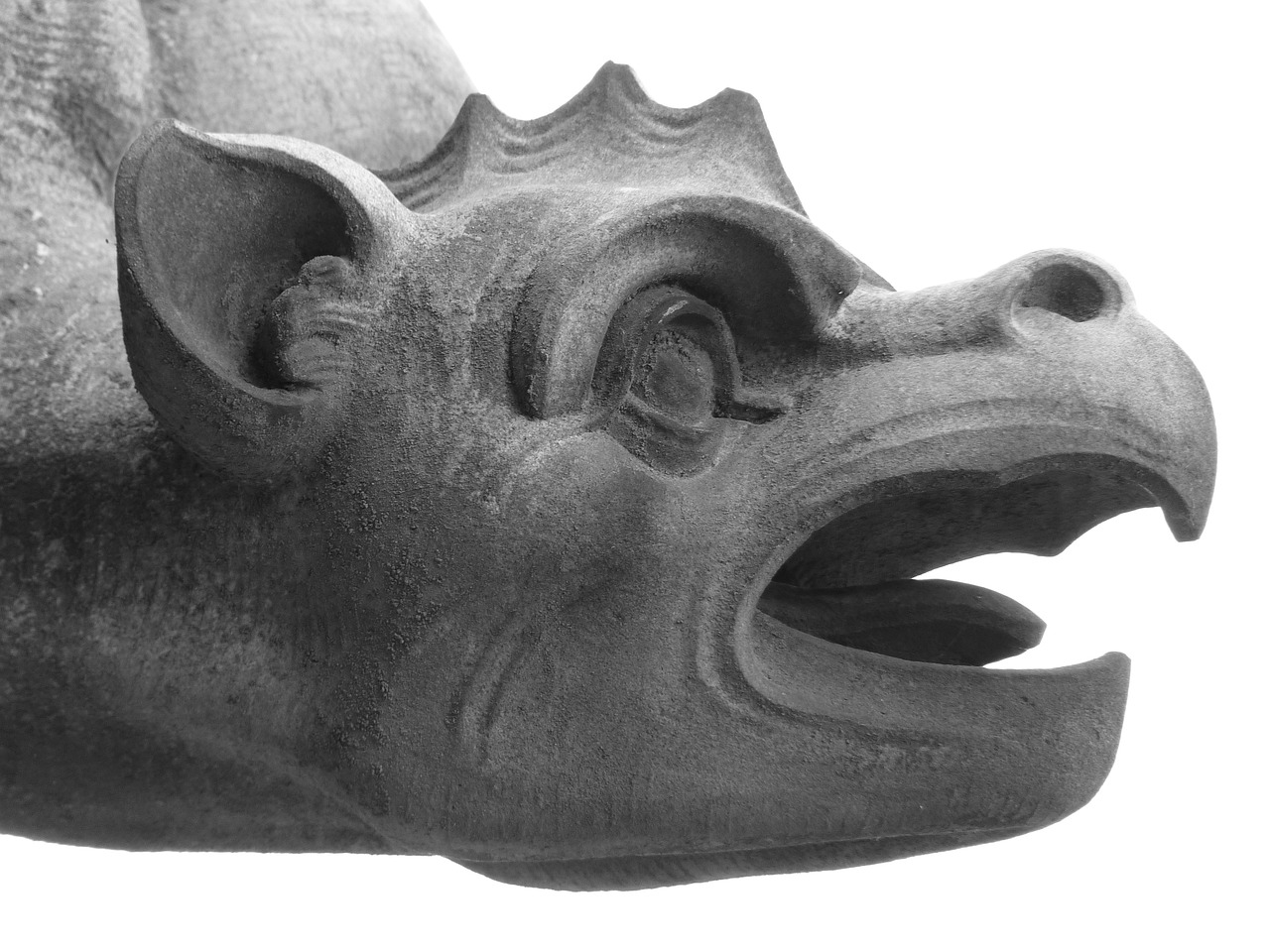
Heroic Epics and Moral Lessons
Exploring the significance and impact of mythical heroes in the belief systems of ancient civilizations, shedding light on their cultural, religious, and societal roles in shaping historical narratives and influencing worship practices.
In the realm of ancient religions, heroic epics stand as monumental pillars of storytelling, carrying profound moral lessons and ethical values within their intricate narratives. These epics, such as the Epic of Gilgamesh and the Ramayana, transcend mere tales of adventure to serve as conduits of wisdom and societal norms. Through the trials and tribulations of legendary figures, these epics offer a mirror to reflect upon human virtues, vices, and the complexities of existence.
Within the Epic of Gilgamesh, we witness the journey of Gilgamesh and Enkidu, exploring themes of friendship, mortality, and the quest for immortality. The epic delves deep into the consequences of hubris and the inevitability of death, imparting timeless lessons on the limits of power and the importance of humility in the face of destiny.
Similarly, the Ramayana unfolds the epic saga of Prince Rama, his exile, and the battle against the demon king Ravana. Through Rama's unwavering devotion to dharma (righteousness) and his adherence to moral principles, the epic extols the virtues of duty, honor, and sacrifice. It serves as a moral compass, guiding believers towards righteousness and selfless action in the face of adversity.
These heroic epics not only entertain with their grandeur but also enlighten with their profound insights into human nature and the eternal struggle between good and evil. They beckon us to ponder the complexities of life, the consequences of our choices, and the enduring power of virtue in a world fraught with challenges.
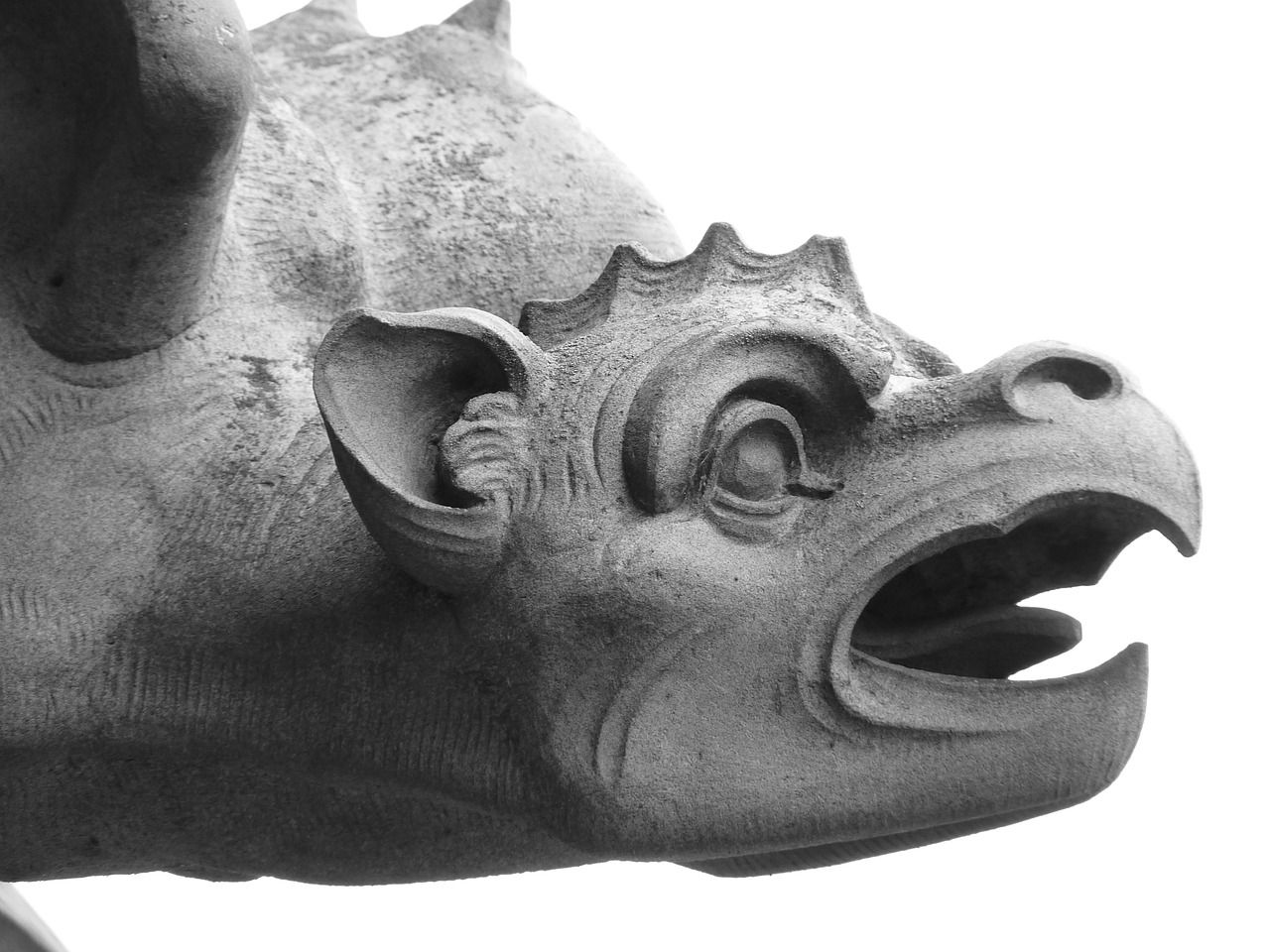
Epic of Gilgamesh
Exploring the significance and impact of mythical heroes in the belief systems of ancient civilizations, shedding light on their cultural, religious, and societal roles in shaping historical narratives and influencing worship practices.
Investigating how mythical heroes often feature prominently in creation myths, symbolizing the origins of the world and serving as divine or semi-divine beings with extraordinary powers.
Analyzing how heroic epics like the and the Ramayana convey moral lessons, ethical values, and societal norms through the adventures and trials of legendary figures.
Exploring the practices of hero worship in ancient religions, including rituals, sacrifices, and festivals dedicated to honoring mythical heroes as intermediaries between gods and humans.
Examining the archetype of the hero's journey in ancient myths, where legendary figures embark on quests, face challenges, and undergo transformations to achieve spiritual enlightenment or fulfill a divine destiny.
Discussing the themes of heroic sacrifice and redemption in ancient religious narratives, where mythical heroes willingly give up their lives or undergo trials to save their people or restore balance to the world.
Investigating the symbolic representations and iconography associated with mythical heroes in ancient art, architecture, and artifacts, highlighting their role as cultural symbols and religious icons.
Exploring the enduring popularity of heroic legends and folklore in ancient religions, passed down through oral traditions and written texts to preserve the heroic deeds and virtues of legendary figures.
Reflecting on the lasting legacy of mythical heroes in ancient religions, their continued influence on modern storytelling, and their enduring significance in shaping human beliefs and values.
The is one of the oldest known works of literature, originating from ancient Mesopotamia. This epic poem follows the adventures of Gilgamesh, a legendary king who embarks on a quest for immortality. Through his encounters with gods, monsters, and the wild man Enkidu, Gilgamesh learns valuable lessons about friendship, mortality, and the limits of human power. The epic explores themes of heroism, friendship, and the search for meaning in a world filled with both beauty and danger.
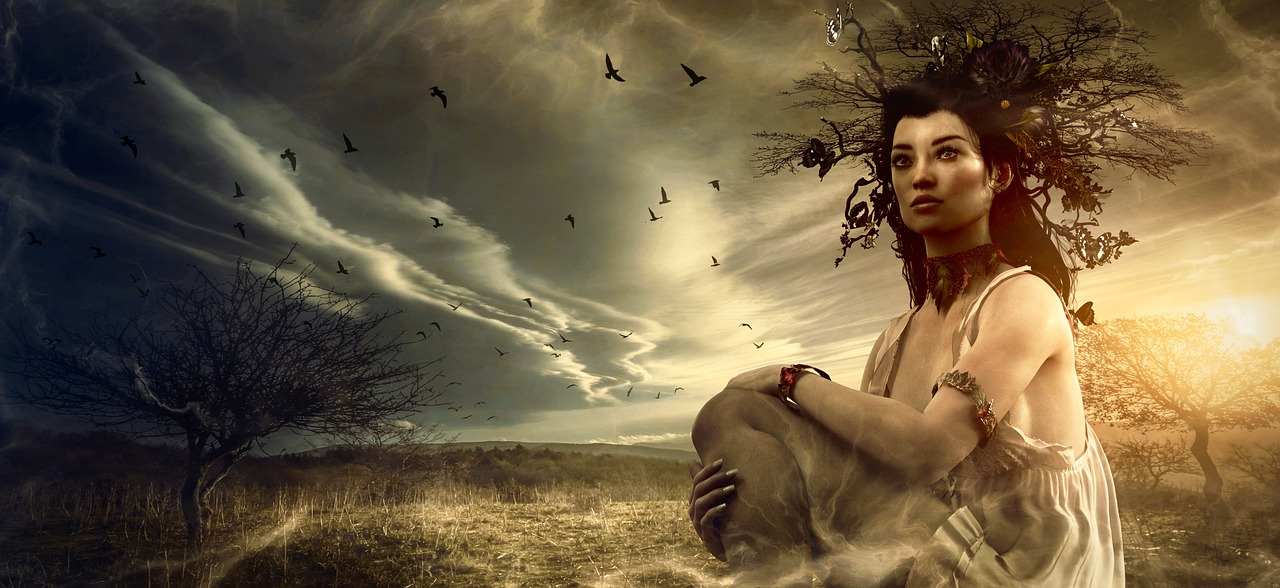
and the
Exploring the significance and impact of mythical heroes in the belief systems of ancient civilizations, shedding light on their cultural, religious, and societal roles in shaping historical narratives and influencing worship practices.
Investigating how mythical heroes often feature prominently in creation myths, symbolizing the origins of the world and serving as divine or semi-divine beings with extraordinary powers.
Analyzing how heroic epics like the Epic of Gilgamesh and the Ramayana convey moral lessons, ethical values, and societal norms through the adventures and trials of legendary figures.
Exploring the practices of hero worship in ancient religions, including rituals, sacrifices, and festivals dedicated to honoring mythical heroes as intermediaries between gods and humans.
Examining the archetype of the hero's journey in ancient myths, where legendary figures embark on quests, face challenges, and undergo transformations to achieve spiritual enlightenment or fulfill a divine destiny.
Discussing the themes of heroic sacrifice and redemption in ancient religious narratives, where mythical heroes willingly give up their lives or undergo trials to save their people or restore balance to the world.
Investigating the symbolic representations and iconography associated with mythical heroes in ancient art, architecture, and artifacts, highlighting their role as cultural symbols and religious icons.
Exploring the enduring popularity of heroic legends and folklore in ancient religions, passed down through oral traditions and written texts to preserve the heroic deeds and virtues of legendary figures.
Reflecting on the lasting legacy of mythical heroes in ancient religions, their continued influence on modern storytelling, and their enduring significance in shaping human beliefs and values.
When delving into the realm of ancient religions and the stories of mythical heroes, it becomes evident that these tales not only entertained but also served a deeper purpose. The narratives of heroism and divine intervention captivated the hearts and minds of believers, instilling values and morals that transcended generations. Through the lens of mythology, individuals found solace, inspiration, and a sense of connection to something greater than themselves.
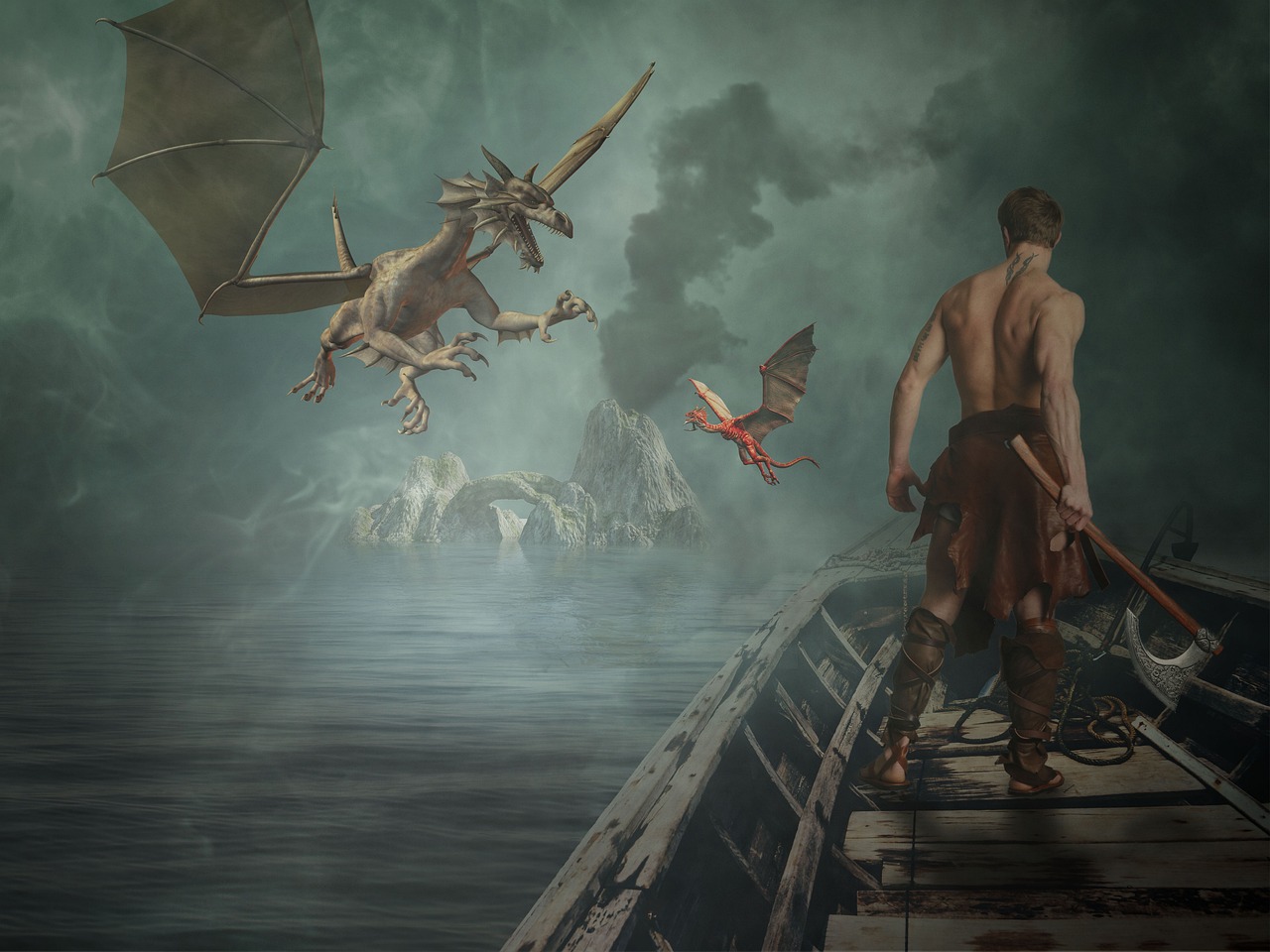
Ramayana
Exploring the significance and impact of mythical heroes in the belief systems of ancient civilizations, shedding light on their cultural, religious, and societal roles in shaping historical narratives and influencing worship practices.
Investigating how mythical heroes often feature prominently in creation myths, symbolizing the origins of the world and serving as divine or semi-divine beings with extraordinary powers.
Analyzing how heroic epics like the Epic of Gilgamesh and the convey moral lessons, ethical values, and societal norms through the adventures and trials of legendary figures.
Exploring the practices of hero worship in ancient religions, including rituals, sacrifices, and festivals dedicated to honoring mythical heroes as intermediaries between gods and humans.
Examining the archetype of the hero's journey in ancient myths, where legendary figures embark on quests, face challenges, and undergo transformations to achieve spiritual enlightenment or fulfill a divine destiny.
Discussing the themes of heroic sacrifice and redemption in ancient religious narratives, where mythical heroes willingly give up their lives or undergo trials to save their people or restore balance to the world.
Investigating the symbolic representations and iconography associated with mythical heroes in ancient art, architecture, and artifacts, highlighting their role as cultural symbols and religious icons.
Exploring the enduring popularity of heroic legends and folklore in ancient religions, passed down through oral traditions and written texts to preserve the heroic deeds and virtues of legendary figures.
Reflecting on the lasting legacy of mythical heroes in ancient religions, their continued influence on modern storytelling, and their enduring significance in shaping human beliefs and values.
The is an ancient Indian epic that narrates the life and adventures of Prince Rama, his wife Sita, and his loyal companion Hanuman. It is a tale of love, loyalty, and righteousness, exploring themes of duty, honor, and the eternal battle between good and evil. The epic is revered for its moral teachings, divine interventions, and the ultimate triumph of virtue over vice.
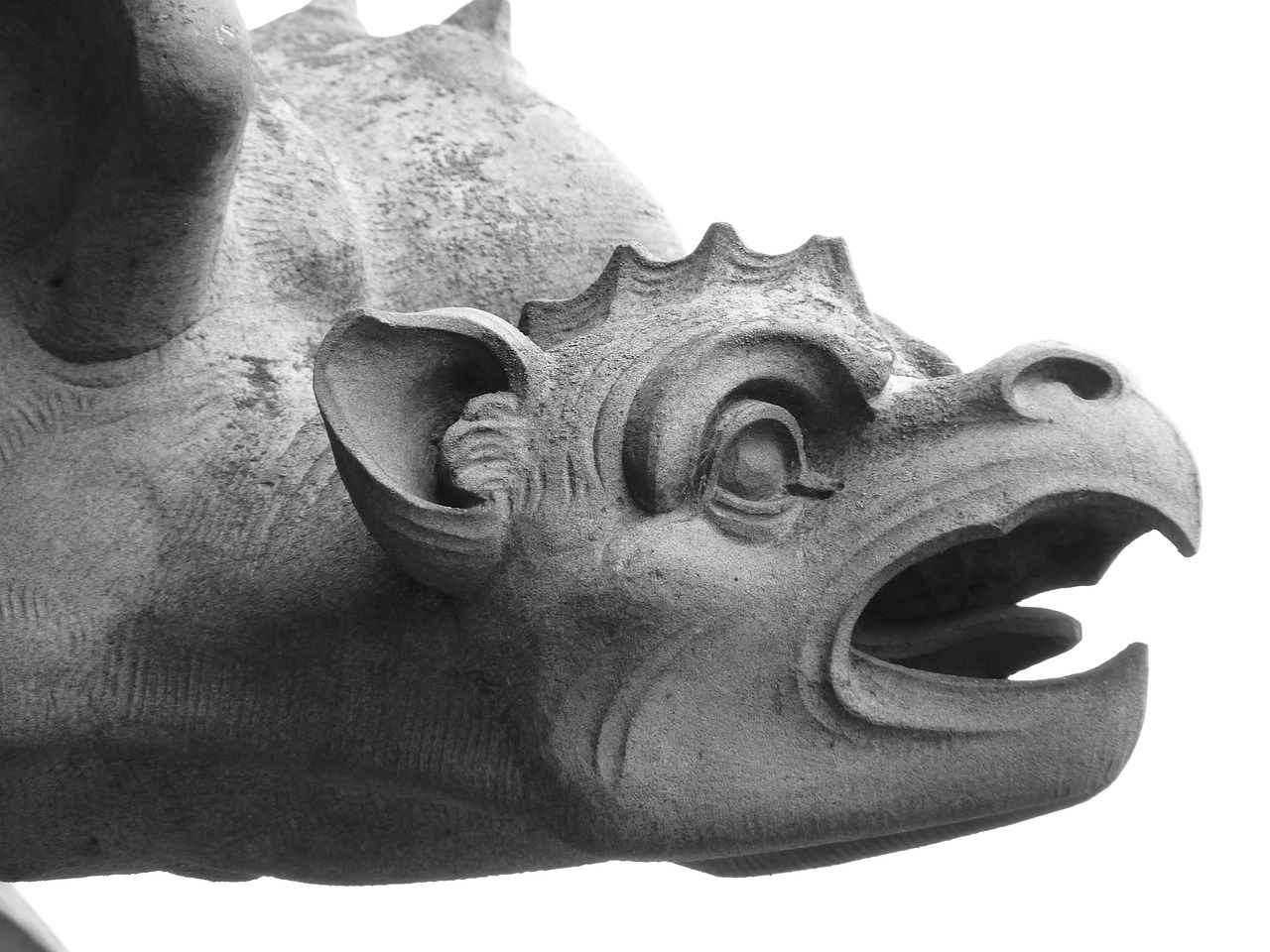
convey moral lessons, ethical values, and societal norms through the adventures and trials of legendary figures.
Exploring the significance and impact of mythical heroes in the belief systems of ancient civilizations, shedding light on their cultural, religious, and societal roles in shaping historical narratives and influencing worship practices.
Investigating how mythical heroes often feature prominently in creation myths, symbolizing the origins of the world and serving as divine or semi-divine beings with extraordinary powers.
Heroic epics like the Epic of Gilgamesh and the Ramayana convey moral lessons, ethical values, and societal norms through the adventures and trials of legendary figures. These tales serve as mirrors reflecting the virtues and vices of humanity, guiding individuals on the path of righteousness through the exemplary actions of heroic characters.
Exploring the practices of hero worship in ancient religions, including rituals, sacrifices, and festivals dedicated to honoring mythical heroes as intermediaries between gods and humans.
Examining the archetype of the hero's journey in ancient myths, where legendary figures embark on quests, face challenges, and undergo transformations to achieve spiritual enlightenment or fulfill a divine destiny.
Discussing the themes of heroic sacrifice and redemption in ancient religious narratives, where mythical heroes willingly give up their lives or undergo trials to save their people or restore balance to the world.
Investigating the symbolic representations and iconography associated with mythical heroes in ancient art, architecture, and artifacts, highlighting their role as cultural symbols and religious icons.
Exploring the enduring popularity of heroic legends and folklore in ancient religions, passed down through oral traditions and written texts to preserve the heroic deeds and virtues of legendary figures.
Reflecting on the lasting legacy of mythical heroes in ancient religions, their continued influence on modern storytelling, and their enduring significance in shaping human beliefs and values.
Q: How did mythical heroes influence the belief systems of ancient civilizations?
A: Mythical heroes served as cultural icons and moral exemplars, guiding individuals on the path of righteousness through their legendary deeds and virtues.
Q: What role did hero worship play in ancient religious practices?
A: Hero worship involved rituals, sacrifices, and festivals dedicated to honoring mythical heroes as intermediaries between gods and humans, fostering a connection between the divine and mortal realms.
Q: Why are heroic epics like the Epic of Gilgamesh and the Ramayana considered significant in ancient literature?
A: These epics convey moral lessons, ethical values, and societal norms through the adventures and trials of legendary figures, offering timeless wisdom and guidance to readers across generations.

Hero Worship and Rituals
Hero worship in ancient religions was a profound practice that involved intricate rituals, solemn sacrifices, and vibrant festivals dedicated to venerating mythical heroes. These heroes were revered as intermediaries between the mortal realm and the divine, embodying virtues, strengths, and powers beyond those of ordinary humans. The rituals performed in their honor aimed to seek their blessings, protection, and guidance, elevating them to a revered status akin to that of gods.
One common ritual in hero worship was the offering of sacrifices, such as animals or valuable goods, to appease the hero's spirit and gain favor. These sacrifices symbolized the devotees' devotion and gratitude towards the hero, believing that their actions would earn them blessings or protection in return. Festivals dedicated to heroic figures were grand affairs, filled with music, dance, feasting, and theatrical performances that retold the tales of the heroes' legendary deeds.
Temples and shrines were erected in honor of mythical heroes, serving as sacred spaces where devotees could offer prayers, make offerings, and seek solace or assistance. These places of worship became focal points for community gatherings, religious ceremonies, and spiritual contemplation, fostering a sense of connection between the worshippers and the revered heroes.
The act of hero worship was not merely a religious obligation but a deeply ingrained cultural practice that permeated all aspects of ancient society. It served to reinforce societal values, moral teachings, and ethical standards through the emulation of heroic virtues and the celebration of noble deeds. Heroic rituals and worship ceremonies were not only acts of devotion but also opportunities for personal reflection, communal bonding, and spiritual enlightenment.
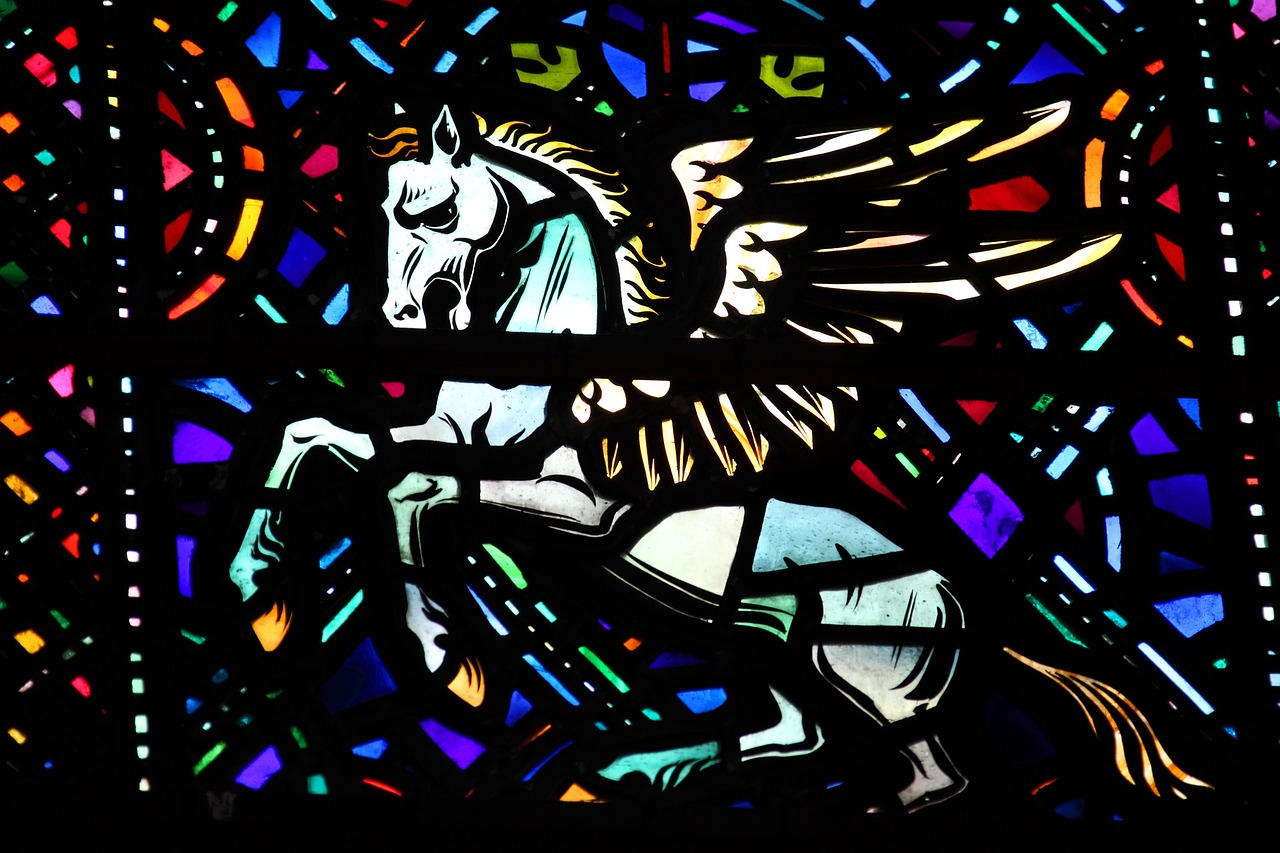
Heroic Journeys and Quests
Embark on a journey through the ancient myths and legends where heroic figures transcend mortal boundaries and venture into the unknown. These epic quests are not mere physical expeditions but symbolic odysseys representing the inner struggles and spiritual growth of both the hero and the audience. Imagine the hero standing at the threshold of adventure, facing the call to action that will lead to self-discovery and transformation.
As the hero sets out on the quest, they encounter challenges and adversaries that test their courage, wisdom, and resilience. These trials serve as metaphors for the obstacles we face in our own lives, prompting us to reflect on our values and beliefs. The hero's journey becomes a mirror reflecting our own struggles and aspirations, inspiring us to overcome adversity and strive for greatness.
Throughout the quest, the hero undergoes a series of stages, from the initial departure and initiation to the ultimate return with newfound knowledge and enlightenment. Each stage is a stepping stone towards personal growth and spiritual realization, mirroring the cyclical nature of life and the eternal quest for meaning and purpose.
Guided by mentors, aided by allies, and challenged by foes, the hero's journey is a universal narrative that transcends time and culture. Whether it is the Greek hero Odysseus navigating the seas or the Indian prince Rama battling demons, the archetypal hero embarks on a quest that resonates with the human experience, reminding us of our capacity for heroism and transformation.
As we delve into the realm of heroic journeys and quests, we uncover not just tales of adventure and valor, but profound insights into the human psyche and the universal quest for self-discovery. The hero's journey is a timeless narrative that continues to captivate and inspire, inviting us to embark on our own heroic quests and discover the hero within.

Heroic Sacrifice and Redemption
Heroic sacrifice and redemption are recurring themes in ancient religious narratives, showcasing the noble acts of mythical heroes who go to great lengths to protect their people or restore harmony to the world. These tales often depict heroic figures willingly facing perilous challenges, making ultimate sacrifices, or undergoing profound trials to achieve redemption or save their communities from impending doom.

Heroic Symbolism and Iconography
Exploring the significance and impact of mythical heroes in the belief systems of ancient civilizations, shedding light on their cultural, religious, and societal roles in shaping historical narratives and influencing worship practices.
Heroic symbolism and iconography play a crucial role in ancient religions, offering visual representations of legendary figures that hold deep cultural and religious significance. In ancient art and artifacts, mythical heroes are often depicted with symbolic attributes that convey their heroic qualities and divine status. For example, the Greek hero Hercules is frequently portrayed with a club and lion skin, symbolizing his strength and courage.
Moreover, the iconography of mythical heroes can be found in architectural elements of temples and sacred sites, where intricate carvings and sculptures depict scenes from heroic myths and legends. These visual representations serve not only as decorative elements but also as tools for conveying moral lessons and inspiring devotion among worshippers.
Additionally, the use of symbols such as the lotus flower in depictions of heroic figures like the Buddha in Buddhist art signifies purity and enlightenment, reflecting the spiritual journey and transcendence associated with these legendary beings. The intricate details and symbolism found in ancient iconography provide a rich tapestry of meaning that enhances the worship and reverence of mythical heroes in ancient religions.
- Q: How did mythical heroes influence ancient religious practices?
- A: Mythical heroes served as intermediaries between gods and humans, inspiring rituals, sacrifices, and festivals dedicated to honoring their legendary deeds.
- Q: What role did heroic symbolism play in ancient art and architecture?
- A: Heroic symbolism in art and architecture conveyed moral lessons, divine qualities, and cultural values associated with mythical heroes, enriching the religious experience for worshippers.
- Q: Why are mythical heroes depicted with specific attributes in iconography?
- A: The symbolic attributes of mythical heroes in iconography represent their unique characteristics, virtues, and roles in ancient myths, aiding in the visual storytelling of their legendary adventures and achievements.
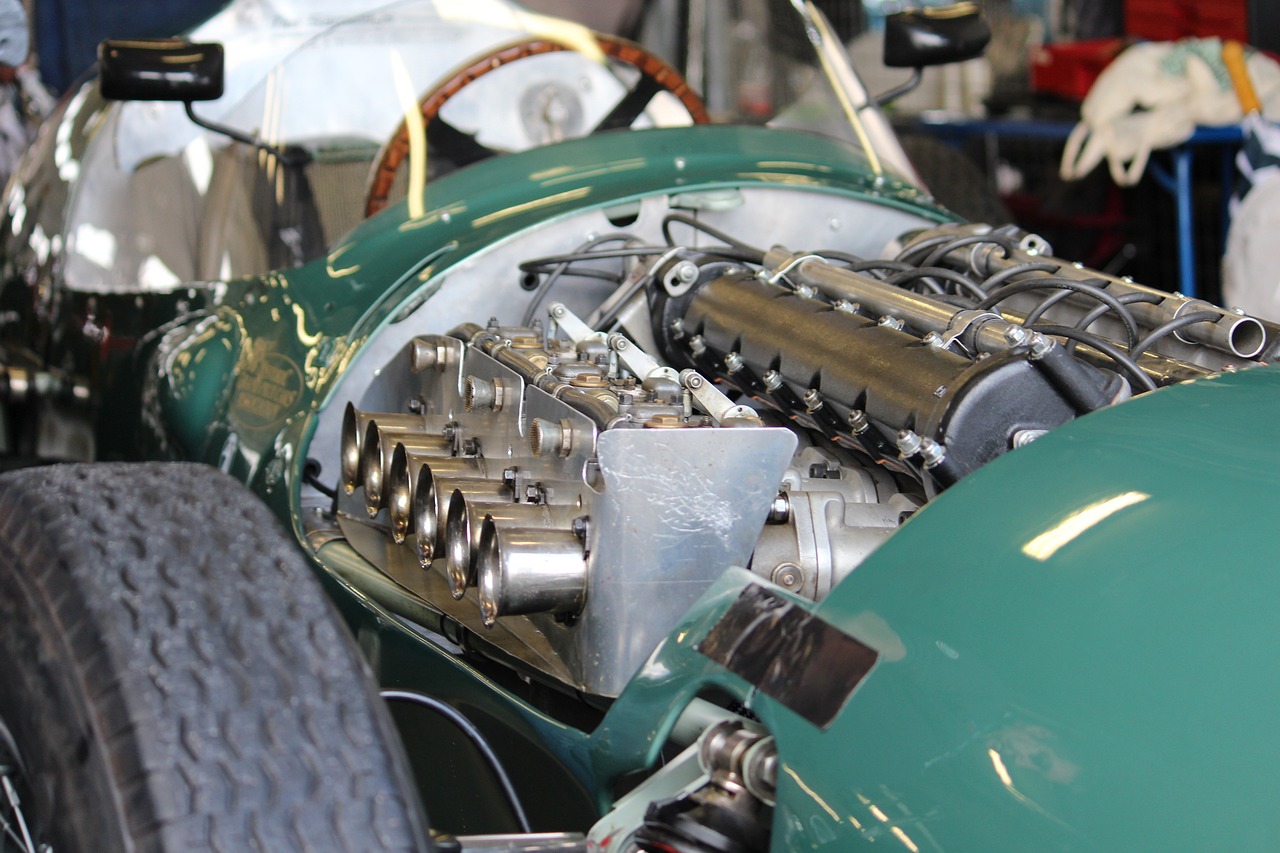
Heroic Legends and Folklore
Heroic legends and folklore hold a special place in ancient religions, serving as a bridge between the divine and the mortal realms. These tales, passed down through generations, are not mere stories but repositories of wisdom and virtue, embodying the ideals and values cherished by ancient civilizations. In the rich tapestry of heroic folklore, we encounter larger-than-life figures whose deeds inspire awe and admiration, offering moral guidance and lessons that transcend time and culture.
Within the realm of heroic legends, we find a diverse array of characters, each representing different facets of human nature and the cosmic order. From the valiant warriors who defend their lands against mythical beasts to the wise sages who impart profound teachings, these legendary figures embody the essence of courage, wisdom, and selflessness. Their exploits, often embellished with supernatural elements and epic battles, capture the imagination and stir the soul, resonating with audiences across centuries.
One of the enduring themes in heroic folklore is the concept of the hero's journey, a transformative quest that leads the protagonist through trials and tribulations towards self-discovery and enlightenment. Whether embarking on a perilous adventure to retrieve a sacred artifact or venturing into the depths of the underworld to rescue a loved one, these epic quests symbolize the eternal struggle between good and evil, light and darkness.
Moreover, heroic legends often serve as moral compasses, guiding individuals on the path of righteousness and virtue. Through the actions of legendary heroes, ancient societies sought to instill values such as loyalty, honor, and justice, reinforcing the social order and fostering a sense of collective identity. The tales of heroism and sacrifice remind us of the eternal struggle between chaos and order, urging us to uphold noble ideals and stand against tyranny and oppression.
As custodians of ancient wisdom and guardians of tradition, heroic legends and folklore continue to captivate audiences around the world, transcending cultural boundaries and linguistic barriers. Through these timeless tales, we glimpse the eternal truths that bind humanity together, celebrating the enduring legacy of mythical heroes who embody the highest aspirations of the human spirit.
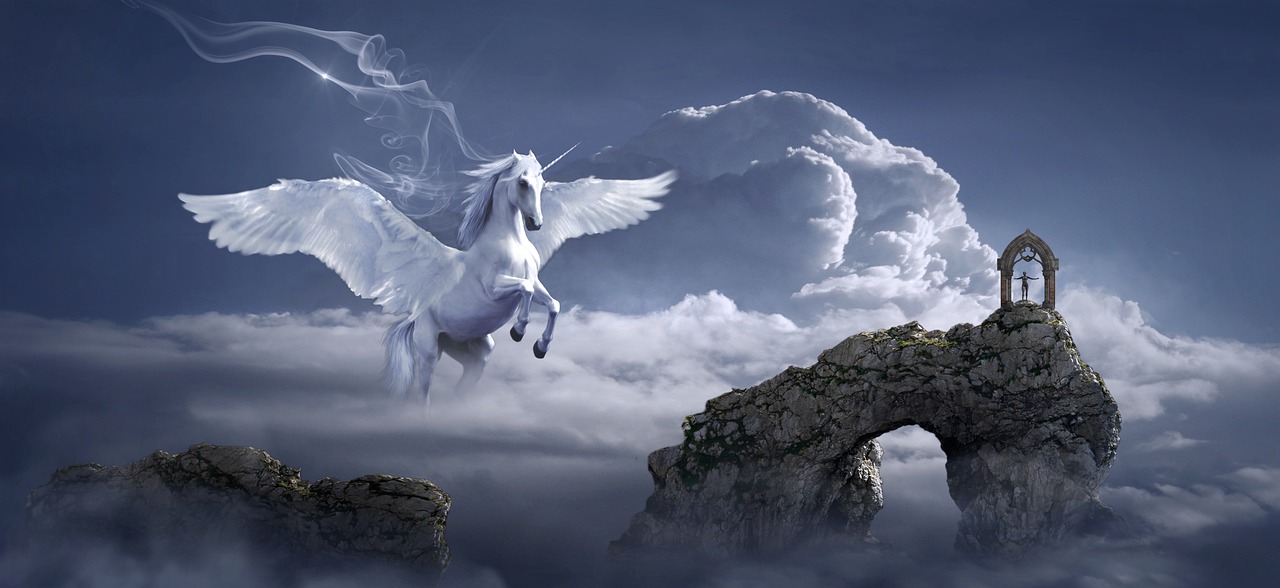
Legacy of Mythical Heroes
Exploring the legacy of mythical heroes in ancient religions unveils a rich tapestry of cultural significance and enduring influence. These legendary figures, revered for their extraordinary deeds and divine connections, continue to captivate the imagination and shape belief systems across generations. From Hercules in Greek mythology to Krishna in Hindu lore, the legacy of mythical heroes transcends time and geography, leaving an indelible mark on human consciousness.
One remarkable aspect of the legacy of mythical heroes is their role as archetypal symbols of courage, virtue, and sacrifice. Through their legendary exploits and noble actions, these heroes embody the ideals and values that societies aspire to uphold. Their stories serve as moral compasses, guiding individuals towards righteousness and inspiring them to overcome adversity with resilience and grace.
Moreover, the enduring legacy of mythical heroes is evident in the cultural resonance they hold in art, literature, and popular culture. Their iconic status is immortalized in statues, paintings, and epic poems that celebrate their heroism and immortalize their legacy for future generations to admire and emulate. The influence of these mythical figures extends beyond religious contexts, permeating various facets of human creativity and expression.
Furthermore, the legacy of mythical heroes continues to shape contemporary narratives and storytelling traditions. The themes of heroism, redemption, and sacrifice found in ancient myths resonate with modern audiences, offering timeless lessons and insights into the human experience. Whether in blockbuster films or bestselling novels, the essence of mythical heroes lives on, inspiring awe and admiration in those who seek to embody the heroic virtues they represent.
In conclusion, the legacy of mythical heroes in ancient religions is a testament to the enduring power of storytelling and the human quest for meaning and transcendence. These legendary figures, with their larger-than-life personas and timeless wisdom, remind us of the eternal truths that bind us together as a global community. As we reflect on their legacy, we are invited to ponder our own heroic potential and the transformative journey towards self-discovery and enlightenment.
Frequently Asked Questions
- What is the significance of mythical heroes in ancient religions?
Mythical heroes in ancient religions played a crucial role in shaping cultural narratives, religious beliefs, and societal values. They often symbolized ideals, served as moral guides, and acted as intermediaries between gods and humans.
- How did mythical heroes influence worship practices in ancient civilizations?
Mythical heroes influenced worship practices by being revered through rituals, sacrifices, and festivals dedicated to honoring their legendary deeds. They were seen as symbols of courage, sacrifice, and divine intervention.
- What lessons can be learned from heroic epics like the Epic of Gilgamesh and the Ramayana?
Heroic epics convey moral lessons, ethical values, and societal norms through the adventures and trials of legendary figures. They teach about friendship, loyalty, bravery, and the consequences of hubris.
- Why are heroic journeys and quests significant in ancient myths?
Heroic journeys and quests symbolize personal growth, spiritual enlightenment, and the fulfillment of destiny. They represent the challenges individuals face in their quest for self-discovery and transformation.
- How do mythical heroes continue to influence modern storytelling?
Mythical heroes have left a lasting legacy on modern storytelling by inspiring archetypal characters, epic narratives, and moral dilemmas that resonate with audiences across cultures. Their enduring themes of sacrifice, redemption, and heroism continue to captivate readers and viewers.











